搜索结果: 'methocult media formulations for human hematopoietic cells serum containing'
-
 科学海报Efficient Generation of Functionally Relevant hPSC-Derived Hepatocytes and Liver Organoids for Hepatotoxicity and Liver Biology Modeling
科学海报Efficient Generation of Functionally Relevant hPSC-Derived Hepatocytes and Liver Organoids for Hepatotoxicity and Liver Biology Modeling产品类型:
Conference:
Cell Symposia: Engineering development and Disease in Organoids 2024
产品号#:
产品名:
-
 Technical BulletinNeuronal Differentiation of hPSC-Derived Neural Progenitor Cells
Technical BulletinNeuronal Differentiation of hPSC-Derived Neural Progenitor Cells产品类型:
产品号#:
05711
07152
07156
05790
05792
05793
05791
产品名:
NeuroCult™ SM1 神经添加物
N2 添加物-A
N2 添加物-B
BrainPhys™神经元培养基
BrainPhys™神经元培养基和SM1试剂盒
BrainPhys™ 神经元培养基N2-A和SM1试剂盒
BrainPhys™ 无酚红
-
 实验方案Detection of CYP3A4 Activity in Human Hepatic Organoids by LC-MS
实验方案Detection of CYP3A4 Activity in Human Hepatic Organoids by LC-MS产品类型:
研究方向:
上皮细胞生物学,疾病建模,类器官,药物发现和毒理检测
产品号#:
产品名:
-
 技术手册Generation of Human Intestinal Organoids Using STEMdiff™ Intestinal Organoid Kit
技术手册Generation of Human Intestinal Organoids Using STEMdiff™ Intestinal Organoid Kit产品类型:
产品号#:
05140
05145
产品名:
STEMdiff™肠道类器官试剂盒
STEMdiff™肠道类器官生长培养基
-
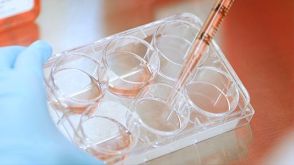 实验方案How to Coat Cultureware with Vitronectin XF™ for Pluripotent Stem Cell Culture
实验方案How to Coat Cultureware with Vitronectin XF™ for Pluripotent Stem Cell Culture产品类型:
研究方向:
干细胞生物学
产品号#:
产品名:

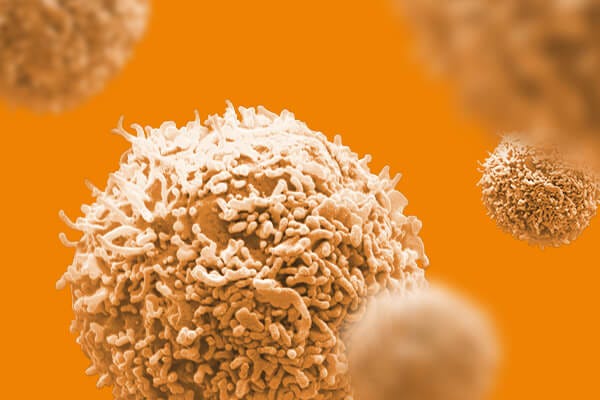
 EasySep™小鼠TIL(CD45)正选试剂盒
EasySep™小鼠TIL(CD45)正选试剂盒




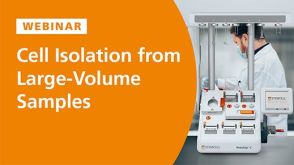

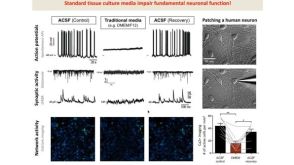
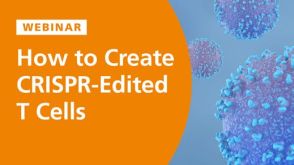
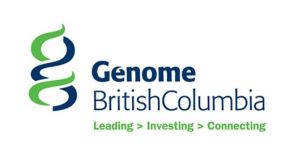

 沪公网安备31010102008431号
沪公网安备31010102008431号